Landing in Boston
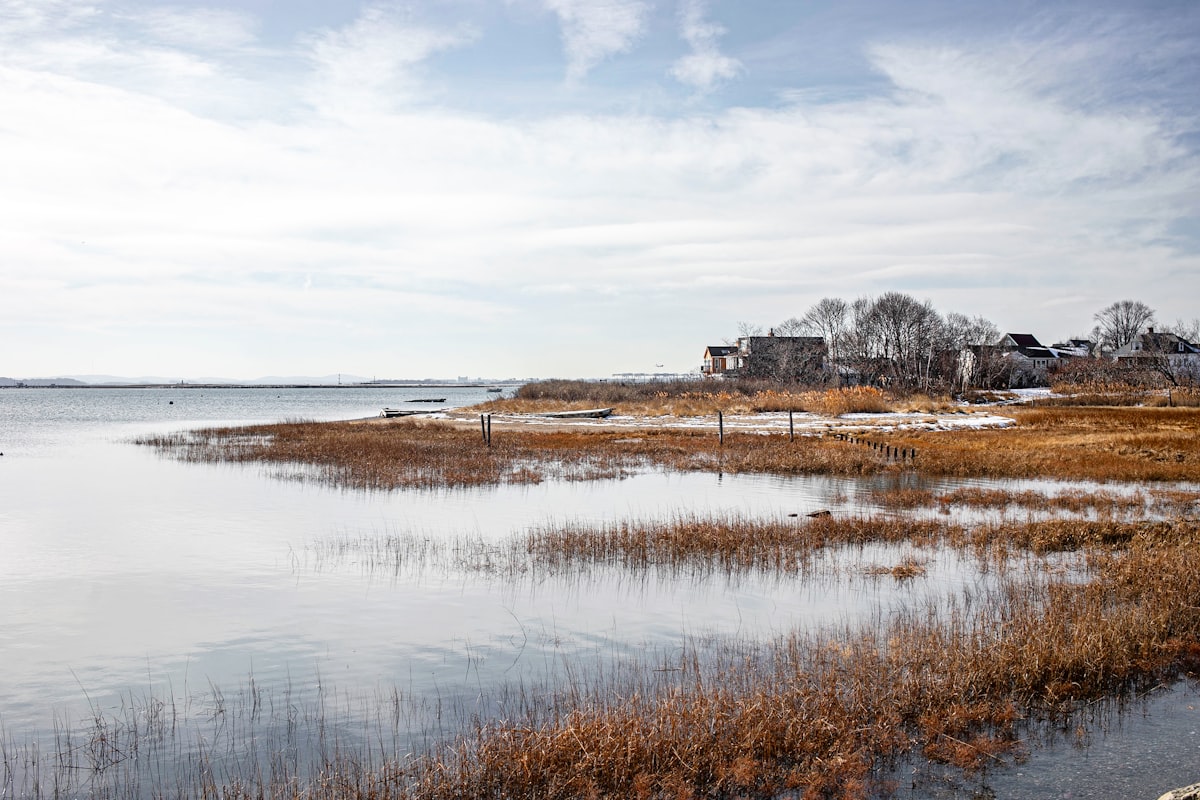
In 1637, the Chandler family, consisting of William Chandler Sr., Lady Annis Agnes Bayford Parmenter Alcock (William's parents), and their four children (Thomas, Hannah, John, and William), arrived in Boston, Massachusetts. They settled in the town of Roxbury, located adjacent to Boston, and built a modest home at the corner of Bartlett and Shawmut/Washington Street. Roxbury served as a common destination for immigrants, and it was described in Wood's New England's Prospect of 1634 as a "fair and handsome countrey-towne" with "rich inhabitants" and "fruitful gardens". Although the Chandlers did not travel as part of a specific company, they likely followed acquaintances from Hertfordshire who aided them in getting started. It is believed that they may have been on the same ship as John Dane, and the Chandlers possibly played a role in assisting Dane as he acclimated to the new world.
Soon after their arrival, Annis Chandler, William's mother, was admitted to the Church in Roxbury alongside her husband. Tragically, within four years of their arrival, William Sr. passed away at the age of 46. He was fondly remembered as a "Christian" and a "Godly brother," but his estate was valued at a mere £06. Despite their limited wealth, the Chandlers persevered in building strong relationships within their community, and their ties to England continued to exert a profound influence on their family for generations to come.

A study conducted by Abbott Lowell Cummings, examining the tax appraisals of eighty homes in 1648, revealed that nearly 50% of them were valued between £2 to £10. An estate worth £6, like that of the Chandlers, was considered modest yet typical for a house during that time, even in Roxbury, which was inhabited by relatively affluent individuals. This suggests that the Chandler home was likely a one or two-room structure, which was the common type of starter home in the New World.
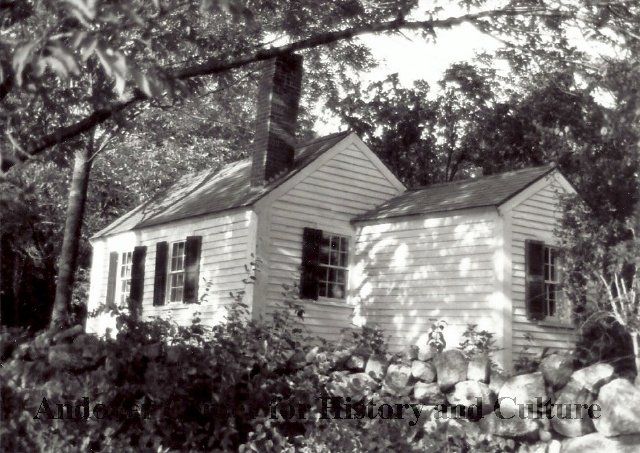
Beyond their dwelling, the Chandlers owned a 22-acre property that encompassed a barn, an orchard, fields, and gardens. The orchard, unlike the carefully arranged and structured orchards of today, consisted of fruit trees planted haphazardly, without concern for variety or symmetry. Weeding in the orchard was managed by livestock. In the absence of common grafting practices, apple seeds were planted wherever feasible, resulting in a diverse range of apple varieties that differed in taste from generation to generation. These apples held significant value as fresh and dried fruit, but their most important role was in the production of cider. Cider was a staple beverage consumed in every household, as drinking water was often deemed unsafe. A wide-mouth pottery vase, known as a cider pitcher, occupied a central place on the table, and everyone would drink from it, each person having their designated spot. To ensure that younger individuals consumed a lesser amount of alcohol, they would be served "cider-kin," a diluted version of cider.
Annis played a crucial role in the beverage production of the household, including cider. Brewing tools were part of the estate, and it was common for beer to be brewed at home. Between 1635 and 1655, approximately 56 to 58 percent of estates in Essex County, Massachusetts, showed evidence of home brewing. Annis likely possessed valuable recipes for specialty beers, which would be passed down through generations. Home brewing was a trade in which women could excel, bolstering the household's finances and forming the foundation for successful taverns and convivial gatherings. A well-made batch of beer could easily be sold to neighbors or at the local tavern.
Living in a small one-room house with a household of seven people and occasional guests, such as John Dane and his wife, would be a crowded space for sure. Children once old enough would climb a ladder to the attic to sleep, while the parents and babies remained on the first floor. This was a humble beginning for a family with a crest and titles back in England.
When William Chandler’s father died, he was only five, and the estate was small. We know the Chandlers spent a lot of money to leave England, moved to an area where the “rich” lived, and had little money after four years in Roxbury. Did they lose a lot of wealth from the draughts of 1635-1637 in England? What we know is that William’s mother needed to remarry to support her five children and herself after her husband’s death.
John Dane became a hero for the Chandlers when he arrived on the same ship from England. After receiving land and developing a friendship with the family, he married Annis and eventually paid off all of the debts left behind by William Chandler's late father. Eight years later, the Boston court granted that “Upon the petition of John Dayne [Dane], that the house and land which was Wm Chandler’s be ‘Settled upon ye said Dayne, he having paid more debts of Chaners [Chandler’s] than ye house and land was worth, & also brought up y children of Chandler w’ch have been chargeable to him”. Dane kept the house, which would later be used by his son, Francis Dane, and stepson, John Chandler, to attend Harvard University and become ministers.
William Chandler, the future tavernkeeper, was just five years old at the time and had a new stepfather. He was about to embark on an exciting adventure as he joined a Company in Ipswich to establish a new town called Andover.
[1] Elinor Abbot’s Dissertation, Dec 1989. Transformation: the Reconstruction of Social Hierarchy in Early Colonial Andover, Massachusetts., pg 62
[2]Genealogy of Chandler Family by Mrs. A. M. Pickford, Ancestry.com - North America, Family Histories, 1500-2000, pg 1348 - 1351
[3] Wood's New England's Prospect, 1634.
[4] William and Annis Chandler 1637, collected by George Chandler, 1883, Ancestry.com - The Chandler family : the descendants of William and Annis Chandler who settled in Roxbury, Mass., 1637
[5]Cummings, Abbott Lowell, The Framed Houses of Massachusetts Bay, 1625-1725. page 203
[6] John Dane died in Roxbury, and the church records say he, ‘was buried Sept 14, 1658.”. From his will, “I give to louving wiff Annie whom I mak sool Exsecktia all my movable goods that is not expressed.”
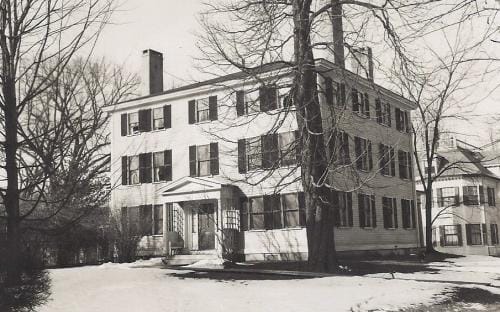
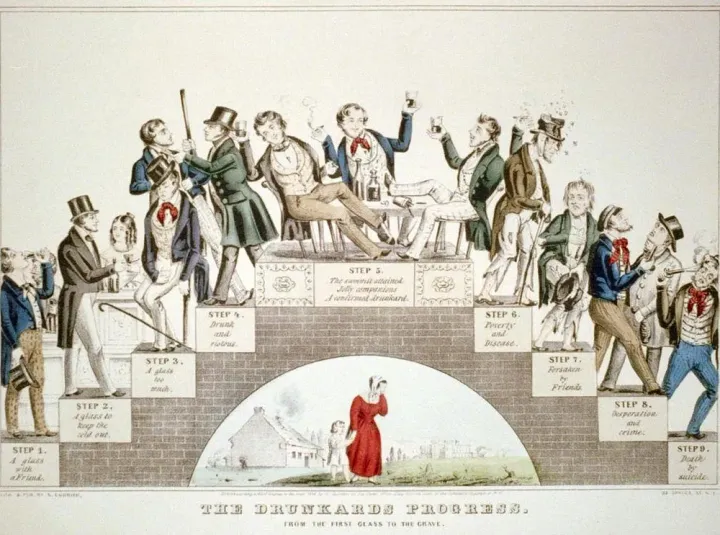
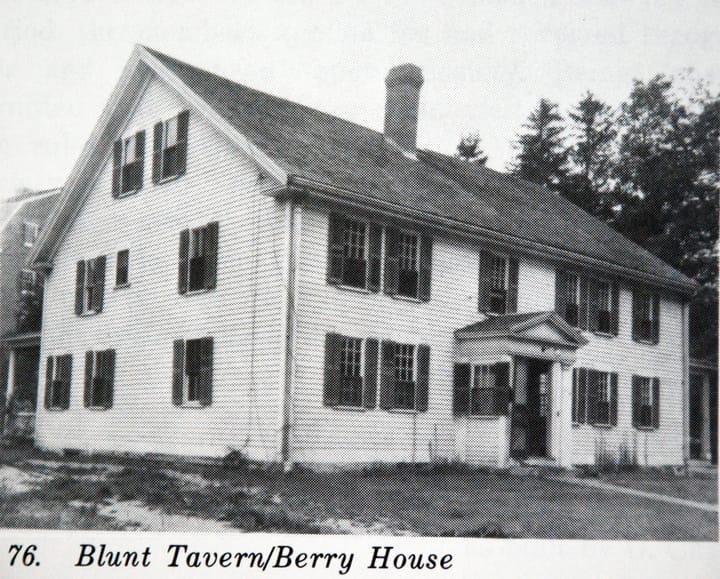
Comments ()